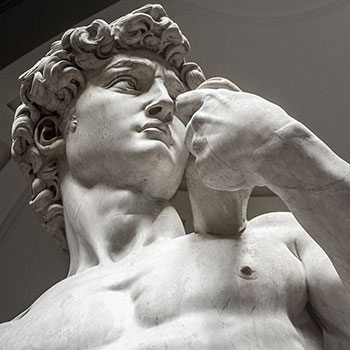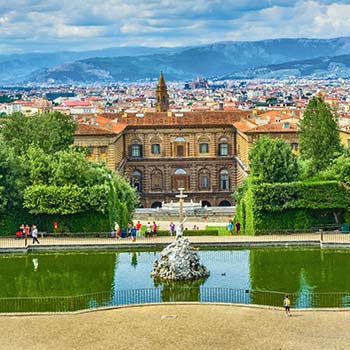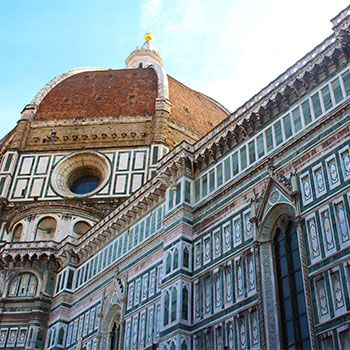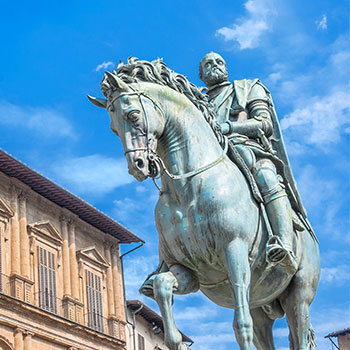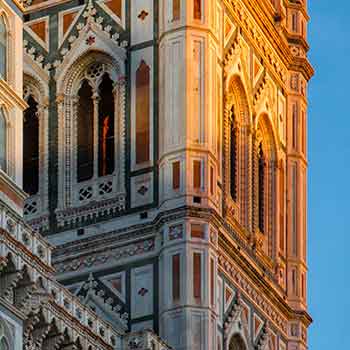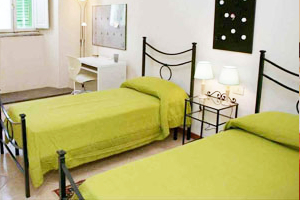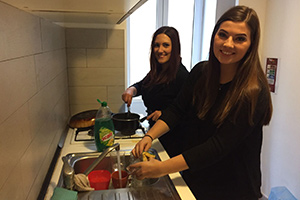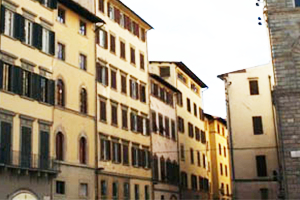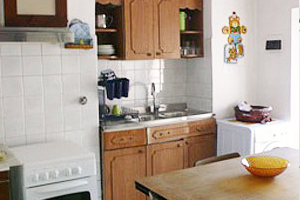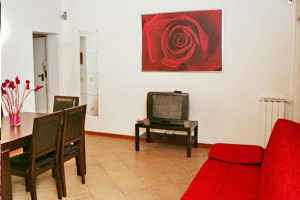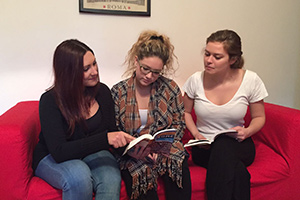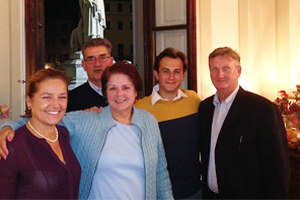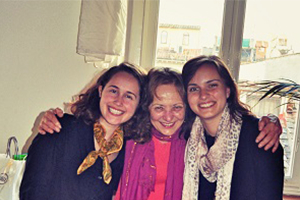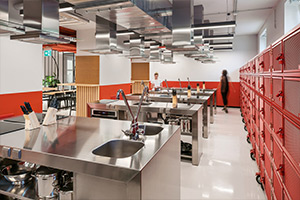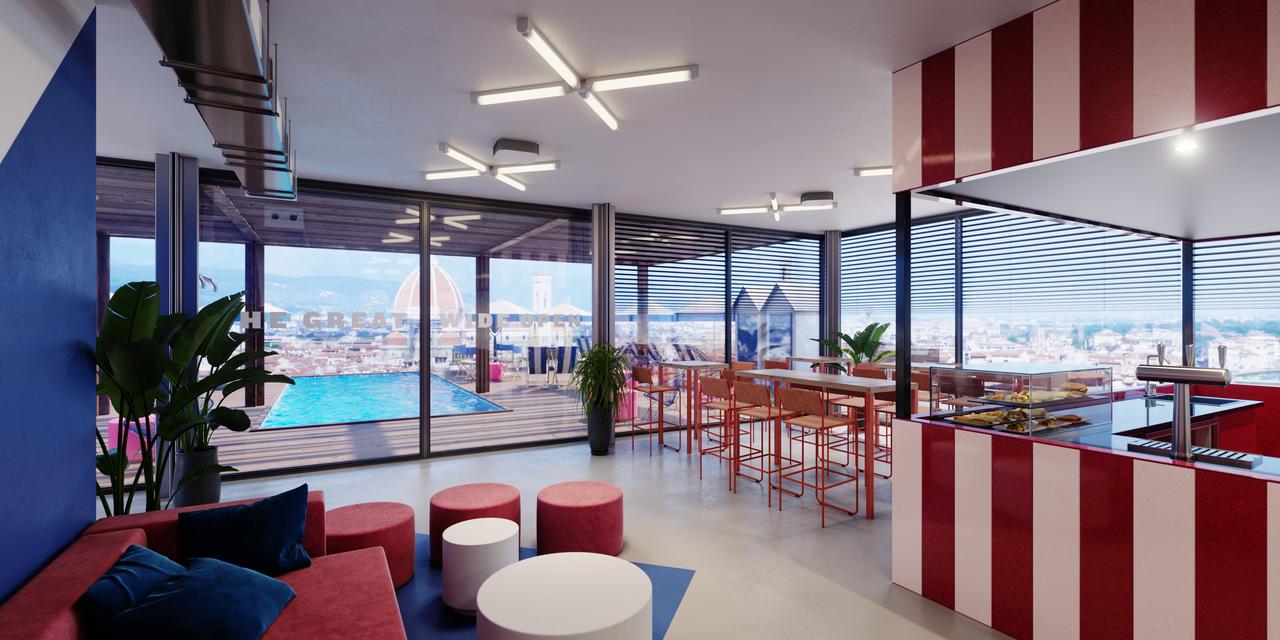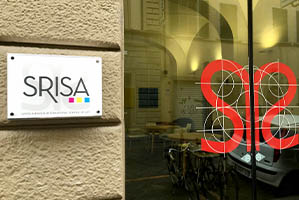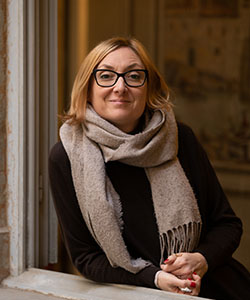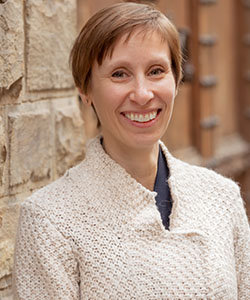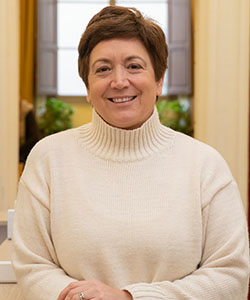Italian Cooking Class
Prepare a multi-course meal with your friends with instruction from a professional chef. Your hard work will pay off as you enjoy your culinary creations for dinner! This lesson keeps on giving: you will be able to recreate this meal for years to come, savoring the flavors of Italy no matter where you are in the world. Tutti a tavola!
Wine Tasting
Italy is one of the world’s main producers of wine, and the Italian tradition surrounding it is very connected to food and culture. This short lesson, led by a sommelier, will help you on your own journey to wine appreciation by learning about pairing flavors, and the importance of eating while enjoying a glass of wine.
Basket Weaving
Spend a summer afternoon in the rural outskirts of Florence. Surrounded by farm animals and the green hills of Chianti, a master basket weaver and his family will teach you how to craft your own traditional basket, a.k.a. the perfect souvenir of your Italian adventure.
Artisanal Paper Workshop
Florence is world-renowned for its luxury paper products; lucky for you, local artisans are happy to share their techniques and know-how. A master craftswoman will help you create a handmade paper box or journal to remind you of your time in Florence.
Insider’s Florence – Tours and Conversation Opportunities
It can be easy to skim the surface of Florence… but we want you to dig deeper to discover more of our city’s spaces, stories, history and reality. Authorized guides take you to places off the beaten path to see and experience the real Florence and organized meetings with locals will help you learn about its citizens.
Library Tour
Your academic performance in Florence is of great importance to us. To ensure that you have as many resources available as possible, this tour is designed to familiarize you with Florence’s libraries. Pull out your books and join your local peers at the library!
Volunteering Program: CEA CAPA C’È
In Italian, CEA CAPA C’È is pronounced “chay-ah chay” and means “CEA CAPA is there.” Our name for this award-winning volunteer program expresses the goals of this initiative: to be there, to support, and become a part of the local Florentine community that hosts you.
By participating in an individual or group volunteer opportunity, you will enjoy a deeper connection to the local culture and people, profoundly enhancing your experience abroad. Speak to CEA CAPA Florence staff while onsite to find the right volunteering “fit” for you.
Past examples include:
- Serving as English Teaching Assistant
- Writing articles for a magazine/newspaper for the English-speaking community in Florence
- Guiding tours of some of the most important monuments in Florence (training provided)
- Working for a soup kitchen
Language Exchange
Speaking Italian with locals is a great way to better your language skills and make new friends. We’ll team you up with Italian peers in a structured setting so you can practice your Italian and help them practice their English.


